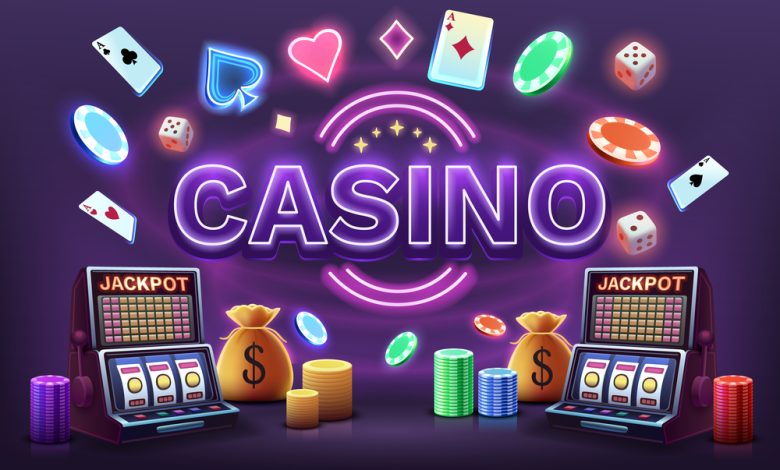The world of gambling has undergone a dramatic transformation over the past few decades, thanks to the advent of the internet. Online apizeus777 7 gambling has transitioned from a niche market to a multi-billion-dollar industry, reshaping how people engage with games of chance and skill. In this article, we explore the evolution, current trends, and future of online gambling.
A Brief History
Online gambling can trace its roots back to the early 1990s when the first online casinos began to emerge. The introduction of the Internet allowed operators to reach a global audience, and in 1994, Antigua and Barbuda passed the Free Trade and Processing Act, enabling companies to obtain licenses to operate online casinos. The first online poker room, Planet Poker, launched in 1998, setting the stage for a new era in gambling.
As technology advanced, so did online gambling. The introduction of secure payment methods and encryption technologies made transactions safer, and the proliferation of smartphones led to the rise of mobile gambling. Today, players can place bets, play casino games, and join poker tournaments from the comfort of their homes or while on the go.
Current Trends
- Increased Accessibility: One of the most significant advantages of online gambling is its accessibility. Players can access a wide range of games 24/7 without the need to travel to a physical casino. This convenience has attracted a diverse audience, including younger generations who prefer digital experiences.
- Live Dealer Games: The rise of live dealer games has bridged the gap between online and brick-and-mortar casinos. Players can enjoy the thrill of interacting with a real dealer while playing games like blackjack, roulette, and baccarat through high-definition video streams. This innovation has added a social element to online gambling, enhancing the overall experience.
- Virtual Reality (VR) and Augmented Reality (AR): As technology continues to evolve, online gambling platforms are beginning to explore VR and AR. These technologies offer immersive experiences, allowing players to enter virtual casinos and interact with the environment as if they were physically present. While still in its infancy, VR and AR have the potential to revolutionize online gambling.
- Cryptocurrency Integration: The rise of cryptocurrencies has also impacted online gambling. Many platforms now accept Bitcoin and other digital currencies, offering players anonymity and faster transactions. This trend reflects a broader movement towards decentralization and the appeal of blockchain technology.
- Regulatory Developments: The legal landscape for online gambling varies significantly across the globe. Some countries have embraced online gambling, while others have imposed strict regulations or outright bans. Recent years have seen a trend towards legalization in many regions, with governments recognizing the potential tax revenue and consumer protection benefits of regulated online gambling.
Challenges Facing the Industry
Despite its growth, online gambling faces several challenges. Concerns about addiction and responsible gambling remain paramount. Operators are increasingly implementing measures to promote responsible gambling, such as self-exclusion tools, deposit limits, and age verification processes.
Additionally, the industry grapples with regulatory hurdles and the potential for fraud and cybersecurity threats. Ensuring a safe and fair gaming environment is essential for maintaining player trust and regulatory compliance.
The Future of Online Gambling
The future of online gambling looks promising, with continued growth anticipated as technology advances and regulations evolve. As virtual reality and artificial intelligence become more integrated into online platforms, players can expect even more personalized and engaging experiences.
Furthermore, the potential for gamification—adding game-like elements to traditional gambling—could attract new players and enhance engagement. Loyalty programs, rewards, and challenges are becoming common features on many platforms, making the experience more interactive.
